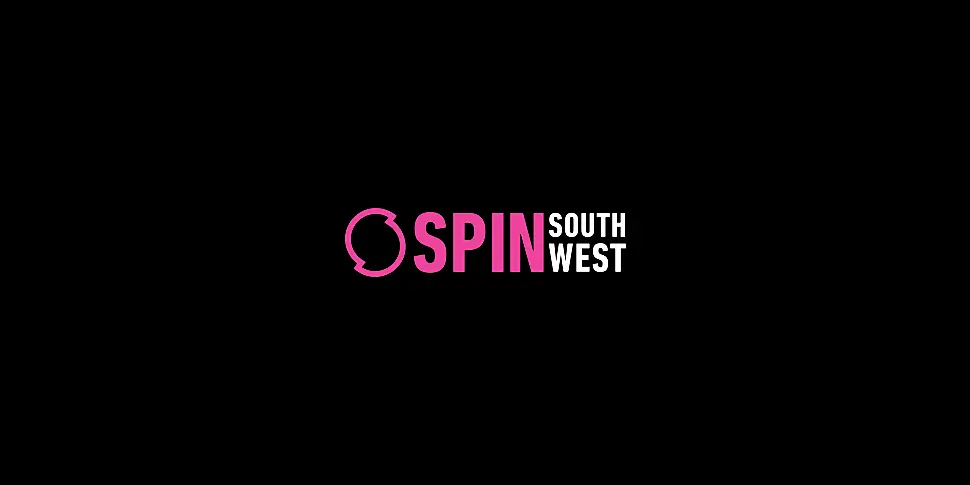What would you do?
When we hear the words ‘rape’ or ‘sexual assault’ what do we think of?
A woman being attacked late at nightin a dark alley?
A man slipping a ‘date rape’ drug into a woman’s drink, leaving her incapacitated.
We probably don’t think of a husband forcing his wife to have sex with him.
A boyfriend showing his friends intimate pictures his girlfriend sent him. Or a man forcing his partner to watch pornography.
Distorted ideas about sexual assault and rape contribute to the fear which victims experience in seeking help, or reporting their own experience.
Victims are afraid that no one willbelieve themand this contributes to the silence that continues to surround crimes of sexual violence.
The ‘What would you do?’ campaign aims to challenge us as a society, to take action, if we become aware of someone suffering domestic abuse.
When it relates to sexual violence in an intimate relationship, this can be challenging, but it’s ok to be scared we have misinterpreted the situation.
What’s not ok is to do nothing.
If we do nothing, we leave another victim behind.
“When a person is forced to participate in any sexual act without their consent; it’s wrong.”
What is Sexual Violence?
Rape or sexual assault occurs where a person is subjected to a sexual act (penetration or sexual touching) without his or her consent.
It includes situations where a person is unable to give consent – for example if they are unconscious through sleep, drunkenness or being drugged.
They may involve threats, coercion or the use of physical force, sometimes with additional acts of violence.
Sexual violence definitions are included below because it’s important to be clear about what sexual violence is.
It’s also important to break the taboo of speaking about it.
Rape
Rape is defined as "unlawful sexual intercourse with a woman who at the time of intercourse does not consent to it", where the man "knows that she does not consent to the intercourse… or he is reckless as to whether she does or does not consent to it.".
Rape under Section 4
This is defined as a sexual assault that includes "penetration (however slight) of the anus or mouth by the penis, or penetration (however slight) by any objects held or manipulated by another person."
Aggravated Sexual Assault
This is sexual assault aggravated by serious violence, or the threat of serious violence, or is such as to cause severe injury, humiliation or degradation of a grave nature to the victim.
Sexual Assault
This is a sexual attack with a less serious level of violence than aggravated sexual assault. There are two parts to this offence: there must be intentional assault, and an aura of indecency.
“The primary motivation in rape and sexual assault is the perpetrator’s non-sexual need for power, domination orto express anger”
Sexual Violence in Intimate Relationships in Ireland
The SAVI reportis a major study that estimatedthe levelof ‘Sexual Abuse and Violence in Ireland’ among women and men, from childhood to adulthood.
It revealed that almost one-quarter (23.6%) of perpetrators of sexual violence against women, as adults, were intimate partners or ex-partners. For abused men, the figure was 1.4 per cent.
According to Rape Crisis Network Ireland’s 2015 report, 20% ofvictims of adult sexual violence were attacked by a partner or ex-partner.
Figures from the Dublin Rape Crisis Centre’s 2015 annual report show that 24% of victims had been in an intimate relationship with the perpetrator.
These figures are in line with the SAVI report.
In 2016, there were 695 disclosures of sexual abuse by intimate partners made to Women’s Aid.
This included 316 reports of rape by a current or former intimate partner. Women’s Aid have also revealed that women using the Women’s Aid services disclosed that their partners have:
- Raped them.
- Beaten them during sex.
- Drugged them and raped them.
- Raped them and said that sex is ‘his right’.
- Made women feel that it is easier to ‘give in’ as saying no will mean a violent attack.
- Forced women to carry out humiliating and painful sexual acts,
- coerced them into sex.
- Raped and sexually abused them in front of their children.
“According to an EU Agency for Fundamental Rights study - 6% of women surveyed in Ireland experienced sexual violence by a partner since the age of 15.”
Help available to victims of sexual violence
When a person has been raped or sexually assaulted, the sense of distress and trauma can be overwhelming. But, if possible, they need to consider attending a Sexual Assault Treatment Unit (SATU) as soon as possible.
They should consider doing this regardless of whether they wish to report the assault to An Garda Síochána.
The idea of a physical examination may be upsetting but seeking medical help is important.
Injuries can be treated, the person can be screened for sexually transmitted infections (STI’s) and be advised of the availability of counselling.
Victims seeking medical help can also call their nearest Rape Crisis Centre who can organise someone to attend a SATU to provide emotional support.
There are three options in a SATU:
- Receive medical care and attention only
- Receive medical care and attention and have forensic evidence gathered in the process and preserved, incase the victim wishes to report to An Garda Síochána up to a year later.
- Receive medical care and attention, report to An Garda Síochána, and have forensic evidence taken.
More details on SATU’s, their various locations and contact details can be obtained from the HSE website, at the following link:
http://www.hse.ie/eng/services/list/5/sexhealth/satu/
Incidents of sexual violence/assault can be reported to the Gardaí.
Victims can contact the Rape Crisis Centre, at -
Or by calling the Rape Crisis Helpline on 1800 77 88 88.
The Women's Aid 24hr Free-phone Helpline also offers confidential information and support on 1800 341 900.
A full list of local support services are available on the ‘What would you do?’ website, at: http://whatwouldyoudo.ie/#page-services.
How to help someone who has suffered sexual violence:
If you find yourself in a situation where someone tells you directly or indirectly that they have experienced sexual assault, it’s important that person feels safe and comfortable talking to you.
Remember that you can’t make decisions for them, only they can decide what action they wish to take. What you can do is:
- Tell the person you’re glad they told you about what happened, and that you want to help.
- Tell them you believe them.
- Tell them that you can find out about support agencies for them and if they want, call them or even go with them to the support agency for the first time, if they want
- Give them time to think. If this is the first time they have told anyone, they might "pull back" a little and need to get used to the idea that someone else knows
- If it is a very recent assault, tell them about the options available at a Sexual Assault Treatment Unit - and about the possibility of reporting the incident to the Gardaí
- Tell them that the decision is really up to them, and that you will support their decision.
What can I do if I suspect an adult has experienced sexual violence?
If you suspect that an adult you know has experienced sexual assault, you could try to raise the topic of sexual abuse.
For example, you could talk about something you saw on TV and say that ‘if anyone ever told you, you would help them get help’.
This could be a way to let them know that you are comfortable talking about abuse, and that you would be supportive if they told you.
Research shows clearly, that a good response to a disclosure makes an enormous difference to victims, including in their long-term recovery and in their decision to take up support services.
Safety
Remember, if you suspect someone is being abused - before you get involved, ask yourself if it’s safe and legal to intervene.
If the situation is already violent or looks like its escalating quickly, don’t directly intervene. Call the Gardaí on 999.
The only effective bystander intervention is a non-violent one.
If you see or suspect domestic abuse, visit whatwouldyoudo.ie or call 999.
Spin South West supporting Cosc
#whatwouldyoudo


A message from Cosc and the Dormant Account Fund supported by Spin South West.














